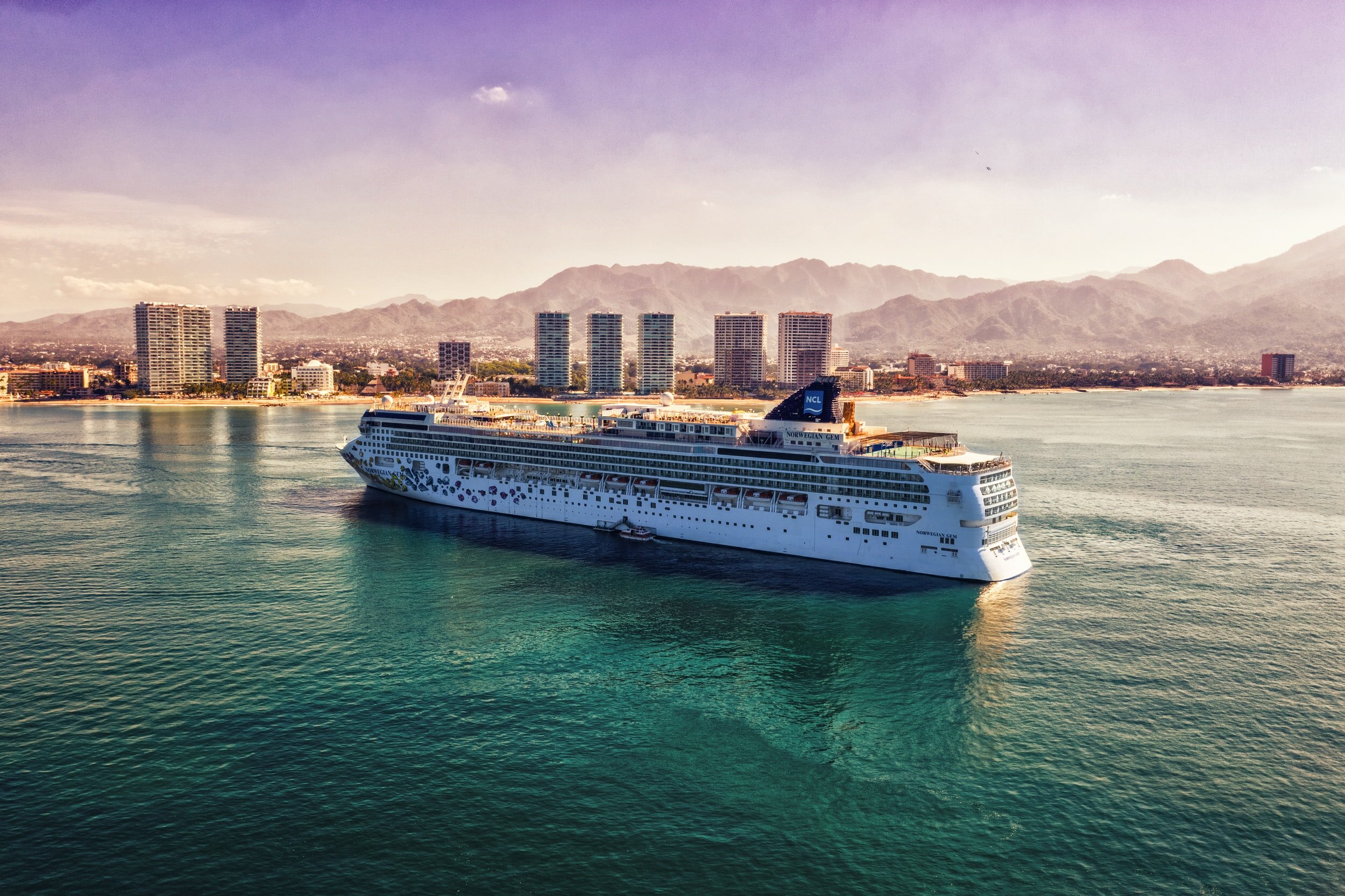
Case Summaries
Reseau de Transport d’Électricité v Costain Ltd [2025] EWHC 73 (Admlty) -(30.01.25)
In November 2016, two undersea electricity cables connecting England and France were damaged after a collision between the Stema Barge II and the Saga Sky, causing the anchors of both vessels to drag over the cables. RTE sought damages from the Stema Interests, Network Rail, and Costain, while Stema UK attempted to limit liability under the 1976 Limitation Convention. After multiple proceedings, the Court of Appeal ruled that Stema UK could not limit its liability under the Convention, and the High Court barred Stema UK from raising a new limitation defense, citing principles of res judicata and cause of action estoppel because it was not an operator and did not thus come within the ambit of the relevant statute.
Winch Design Ltd v Le Souf; Somnio Superyachts Pty Ltd (3rd Party) [2025]
Winch Design secured a judgment against Mr Le Souef for £733,750 for unpaid invoices, with the court ruling that he - not Somnio Superyachts - was the true contracting party. The contract’s payment terms were upheld, rejecting claims that invoices were contingent on performance, while Mr Le Souef’s argument that Winch had agreed to delay payment was dismissed outright. With no evidence of rectification, estoppel, or a collateral contract, the court found against Mr Le Souef on all counts, awarding Winch the full sum.
Google LLC & Anor v NAO Tsargrad Media & Ors [2025] EWHC 94 (Comm) (22 January 2025)
Russian courts imposed astronomical financial penalties on Google, amounting to sums as high as £102 nonillion - figures described as “extravagant, indeed other-worldly, sums of money.” The penalties, bearing no relation to compensatory damages, were imposed as repeated penalty payments, doubling periodically with no cap. Seeking to prevent enforcement outside Russia, Google argued that the sums were punitive, unprecedented, and imposed in breach of contractual jurisdiction clauses.
London Arbitration 1/25 (2025) 1176 LMLN 1
Time-chartered Owners (‘O’) concluded a voyage charter with ‘C’ to carry petcoke from a Gulf port to India; C sub-chartered to ‘S’ on similar terms for the same voyage. When no cargo had been forthcoming at the load port, O redelivered the Vessel, terminated the voyage charter with C, and sought from C in arbitration unpaid freight, demurrage and, as damages, upstream hire. C applied to join S as a party to the arbitration on the grounds that the sub-voyage was a collateral contract and/or S a ‘necessary and proper party’ to the dispute. The Tribunal ruled that the sub-charter was an independent, not collateral contract and neither the 1996 Act, nor the LMAA Terms conferred powers to join parties or consolidate references.
Port of Sheerness Ltd v Swire Shipping Pte Ltd [2025] EWHC 7 (Admlty)
Swire, charterers of the Vessel “Kiating” had contracted with the Port of Sheerness for discharge of the Vessel’s plywood cargo, which in the event, was found to have shifted on the voyage, requiring several more days discharging than estimated. As well as additional charges for stevedoring, shiftings and equipment (all paid by Swire) the Port claimed some GBP250,000 extra charges based on a contractual clause: “…where a vessel remains alongside…for a longer period than necessary for loading and discharging…a period toll will be charged for each 24 hour period…” namely £137.80 per day per linear metre of LOA. Dismissing the claim, the Court found that the clause was restricted to cases where a vessel failed to depart after operations. It also found that other powers of the Port to raise additional charges were inapplicable (as here) the Port had not actually incurred them; nor was a quantum meruit appropriate where the parties had stipulated the circumstances for additional charges.
Sea Consortium Pte Ltd (t/a X-Press Feeders) & Ors v Bengal Tiger Line Pte Ltd & Ors [2024] EWHC 3174 (Admlty) (12 December 2024)
Disputes arose following the fire and subsequent sinking of the container vessel “X-press Pearl”. The Vessel was subject to various contractual arrangements at the time of the sinking including a bareboat and a time-charter. Time charterers had made further contractual arrangements including (i) a transport services agreement with Maersk (ii) a slot contract with BTL and (iii) a connecting carrier agreement with MSC. Time charterers had constituted a limitation fund under the 1976 Convention. Maersk, BTL and MSC sought, and the Court granted, a declaration that they too were entitled to limit liability under the Convention, as each was a ‘shipowner’ within Article 1(2) of the Convention.